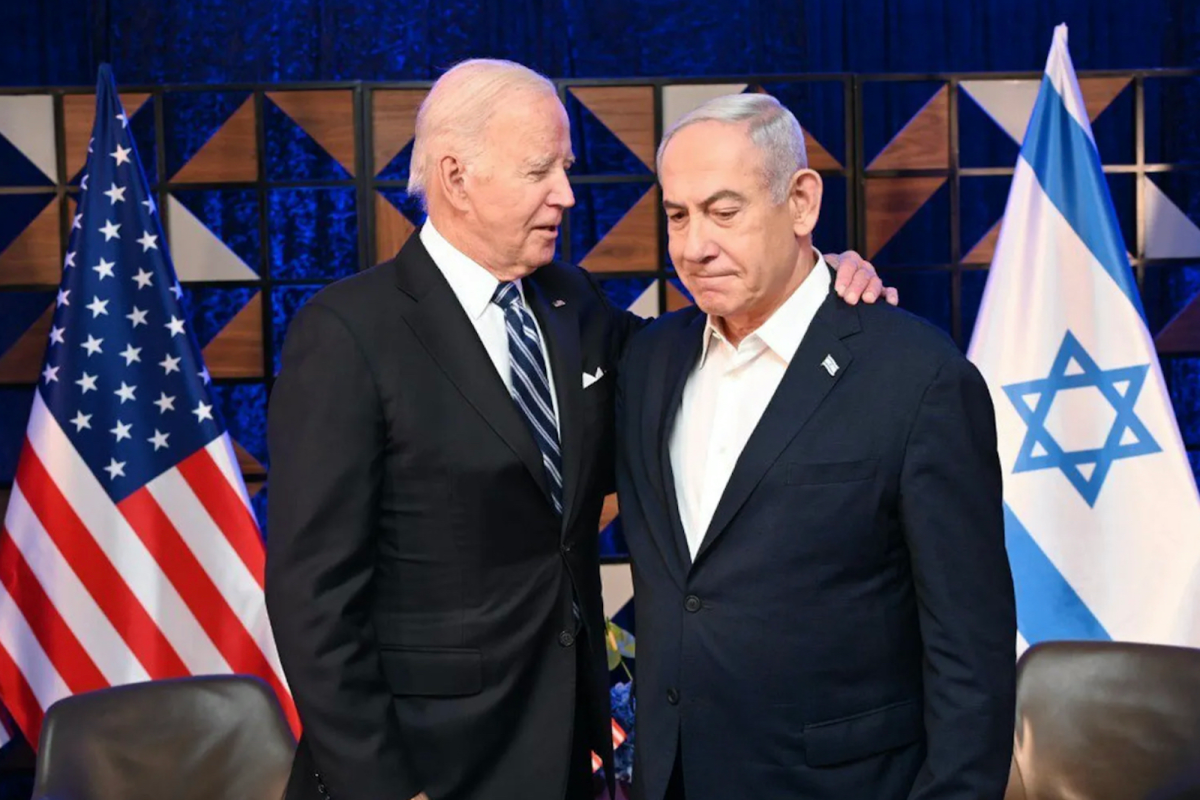The Relationship Between U.S. Elections and Israel’s Reaction to Iran’s Missile Operations
WANA (Oct 18) – With only three weeks left until the U.S. elections, the race between Kamala Harris and Donald Trump remains tight. Given that Trump is the architect of the Abraham Accords, which normalized relations between Israel and several Arab countries, he is keen to ensure his diplomatic achievements endure.
Furthermore, Trump’s hostility toward the Islamic Republic of Iran and the Resistance Front far exceeds that of Kamala Harris and the Democrats. This suggests that Trump’s victory might be more likely.
Evangelicals, particularly the Christian Zionists—radical Protestant supporters of Israel and fierce enemies of Muslims and the Palestinian cause—play a significant role in this equation.

The Arab NATO Dream Against Iran: A Delusion or Hidden Policy?
WANA (Sep 09) – Imagine you’re watching the news and hear that the U.S. and Israel are trying to form a large military alliance, like an “Arab NATO,” against Iran. You might wonder, “Does this mean a big war is coming?” or “What does this mean for Iran and the region?” The truth is, […]
They view Israel’s recent conflicts across Muslim territories, from Gaza, Lebanon, and Yemen to Iraq, Syria, and Iran, as an apocalyptic “Armageddon,” where ultimate victory means eternal life for the victors and eternal defeat for the losers.
These groups wield considerable political and economic influence within both U.S. parties, which could prove decisive in the upcoming elections.
Though candidates from both sides try to cater to these influential factions, Trump has recently accused Biden and the Democrats of failing to adequately support Israel. While this claim is baseless, it resonates strongly with American Protestant Christians.
In this context, Israel’s potential reaction to Iran’s missile operations could become a crucial factor in Trump’s electoral strategy. If Israel, with direct U.S. support, strikes a significant blow to Iran’s interests before the elections, it could stir anti-Resistance sentiment and amplify Christian Zionist support for Trump.

Israel’s Critical Dilemma: Solving the Puzzle of Striking Iran
WANA (Oct 14) – As the Middle East undergoes new and significant developments, behind-the-scenes discussions between Israeli and U.S. officials about a potential attack on Iran are growing more complex and sensitive by the day. Karine Jean-Pierre, the White House spokesperson, described these negotiations as “confidential,” but they have yet to reach any conclusions. Speaking […]
However, this scenario is unlikely for two reasons. First, the Democrats, given their economic and security interests in the region, are not inclined to engage in direct conflict with Iran. Second, there’s no guarantee of Kamala Harris winning the election, as Trump portrays himself as the stronger defender of Israel.
If Trump and Netanyahu have indeed formed a mutual support pact—where Israel’s lobbying efforts favor Trump in exchange for Trump’s full backing against the Resistance after his re-election—Israel might act independently of Biden.
It could retaliate against Iran’s missile attacks before the elections without direct U.S. approval. However, such a reaction would need to be so significant that it guarantees Trump and Netanyahu’s strategic victory.

Revealing Iran’s Strategy: From Western Defeat to Nuclear Weapons Threshold
WANA (Oct 17) – Among the people of Iran, especially those who are less involved in political issues or are opponents of the Islamic Republic, there has always been the question of why Iran should spend its resources to help neighboring countries while it faces economic challenges and needs for growth and development in some […]
If this hypothesis holds, Iran should respond swiftly and powerfully, crippling Israel’s key infrastructure and air bases with devastating missile strikes to prevent the Netanyahu-Trump victory plan from succeeding.
This could tip the political balance in favor of the Democrats and undermine Christian Zionist influence in the election. At the same time, Biden is unlikely to support a direct Israeli response before the election, considering the complexities of the situation.
Ultimately, Israel’s reaction—shaped by the broader dynamics between the Democrats, Republicans, and their allies—could lead to the downfall of Netanyahu’s political career and heighten hopes for the Resistance Front, including Hezbollah and the oppressed people of Gaza. Should Israel act recklessly, Iran’s decisive and overwhelming retaliation could end the regime’s aggressive ambitions once and for all.













User comments